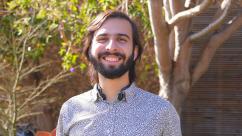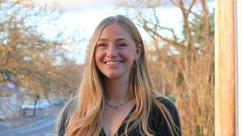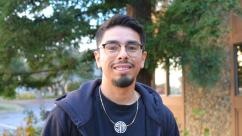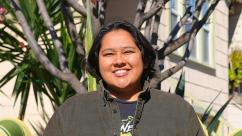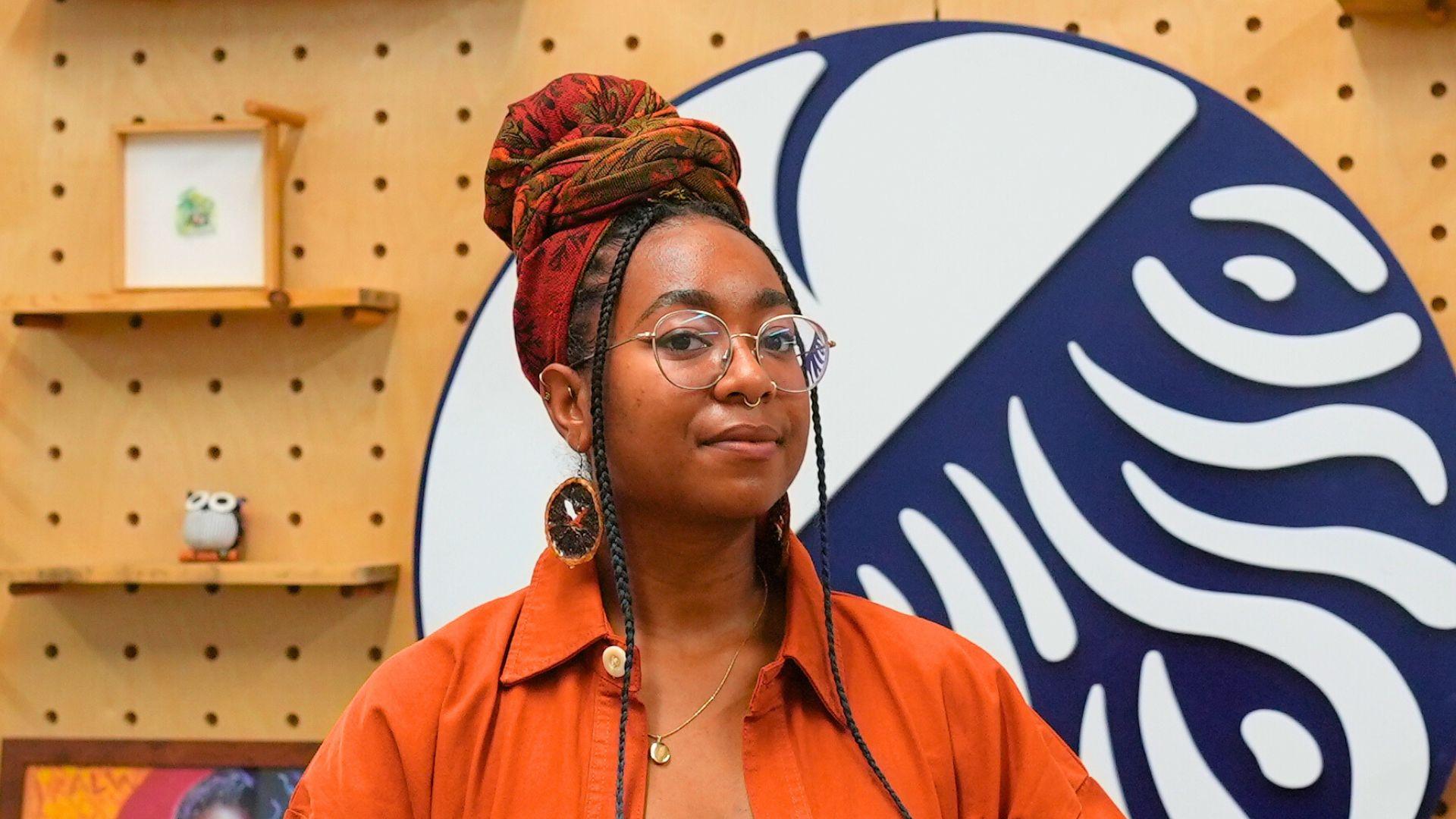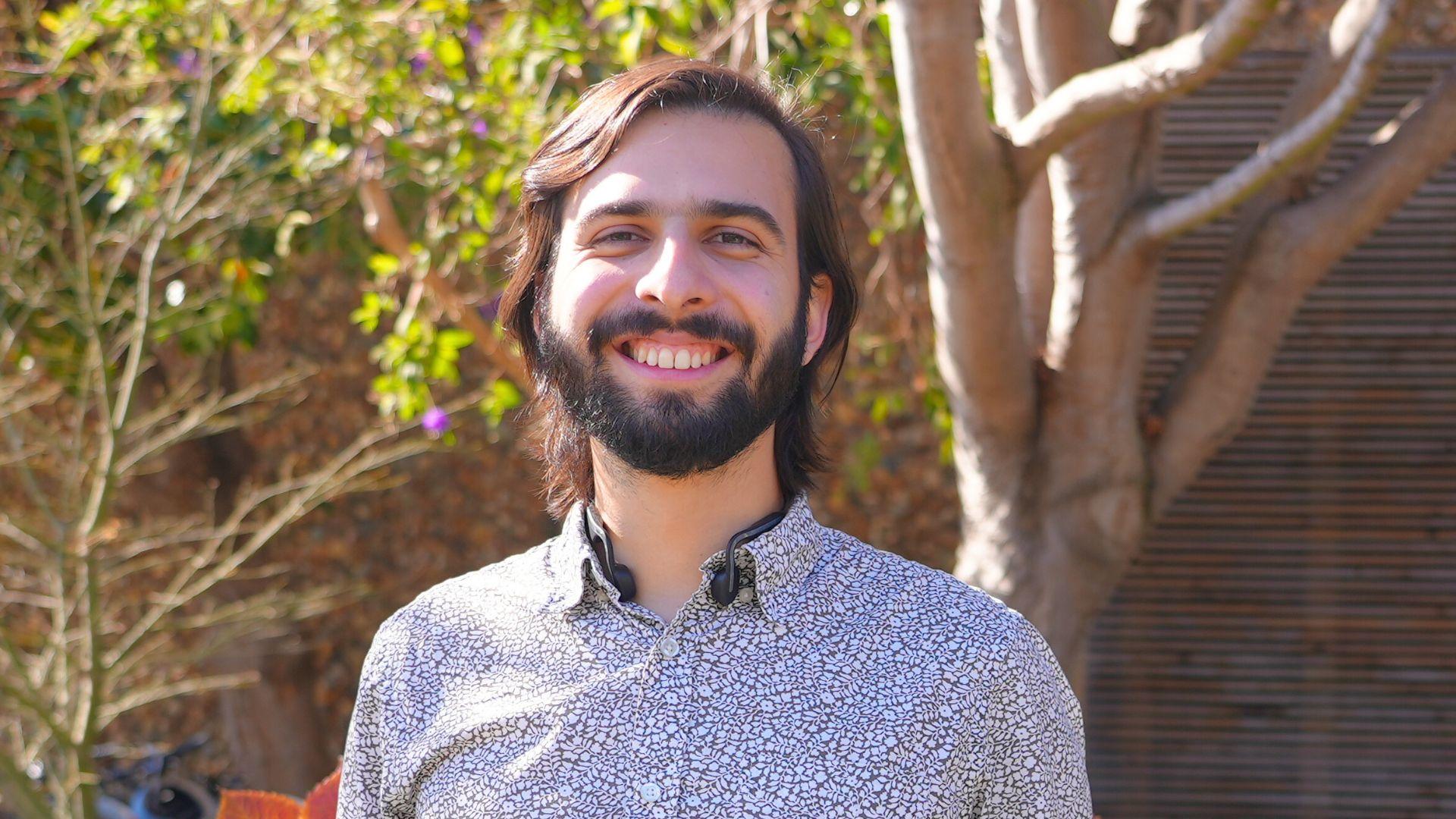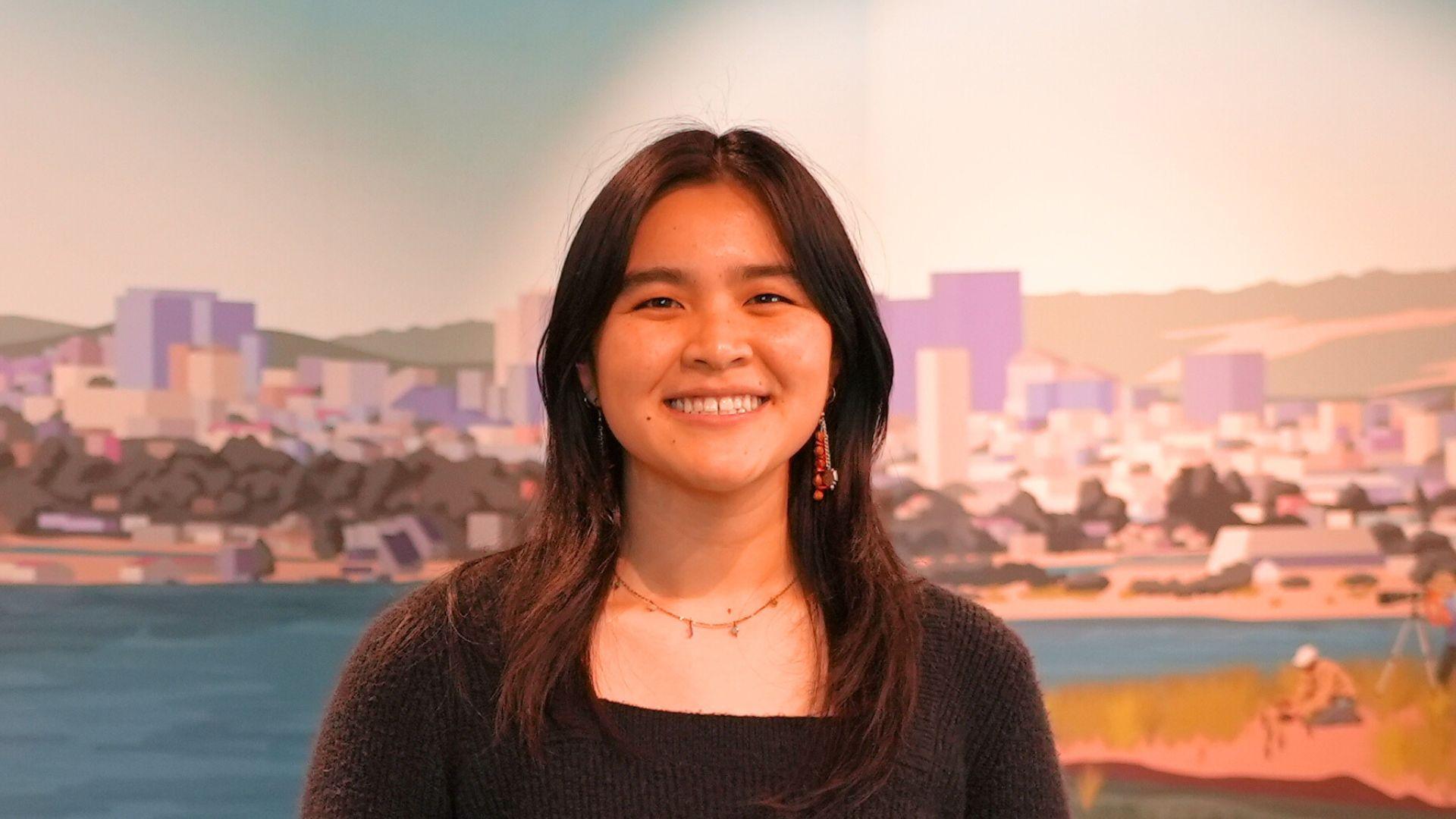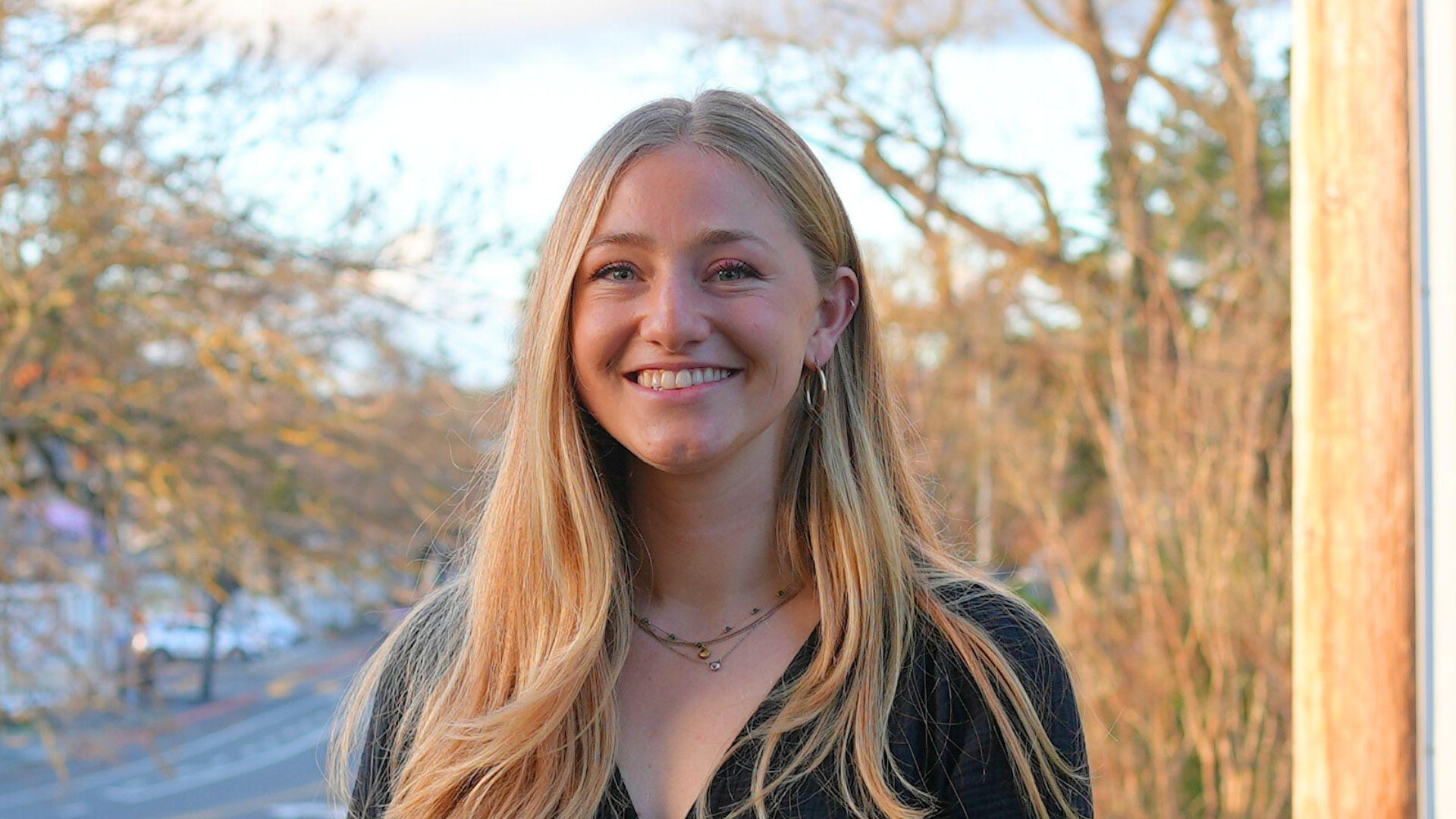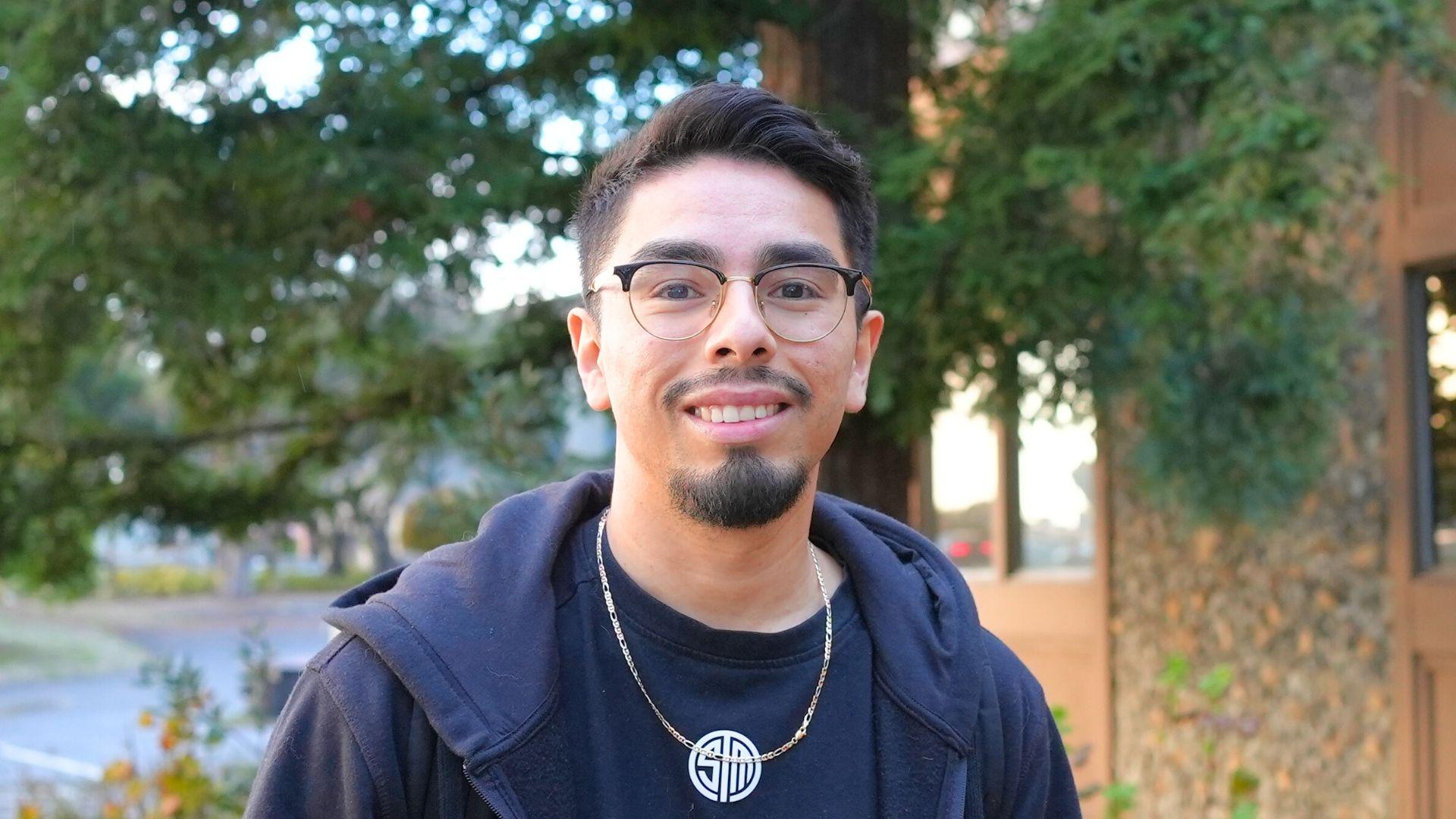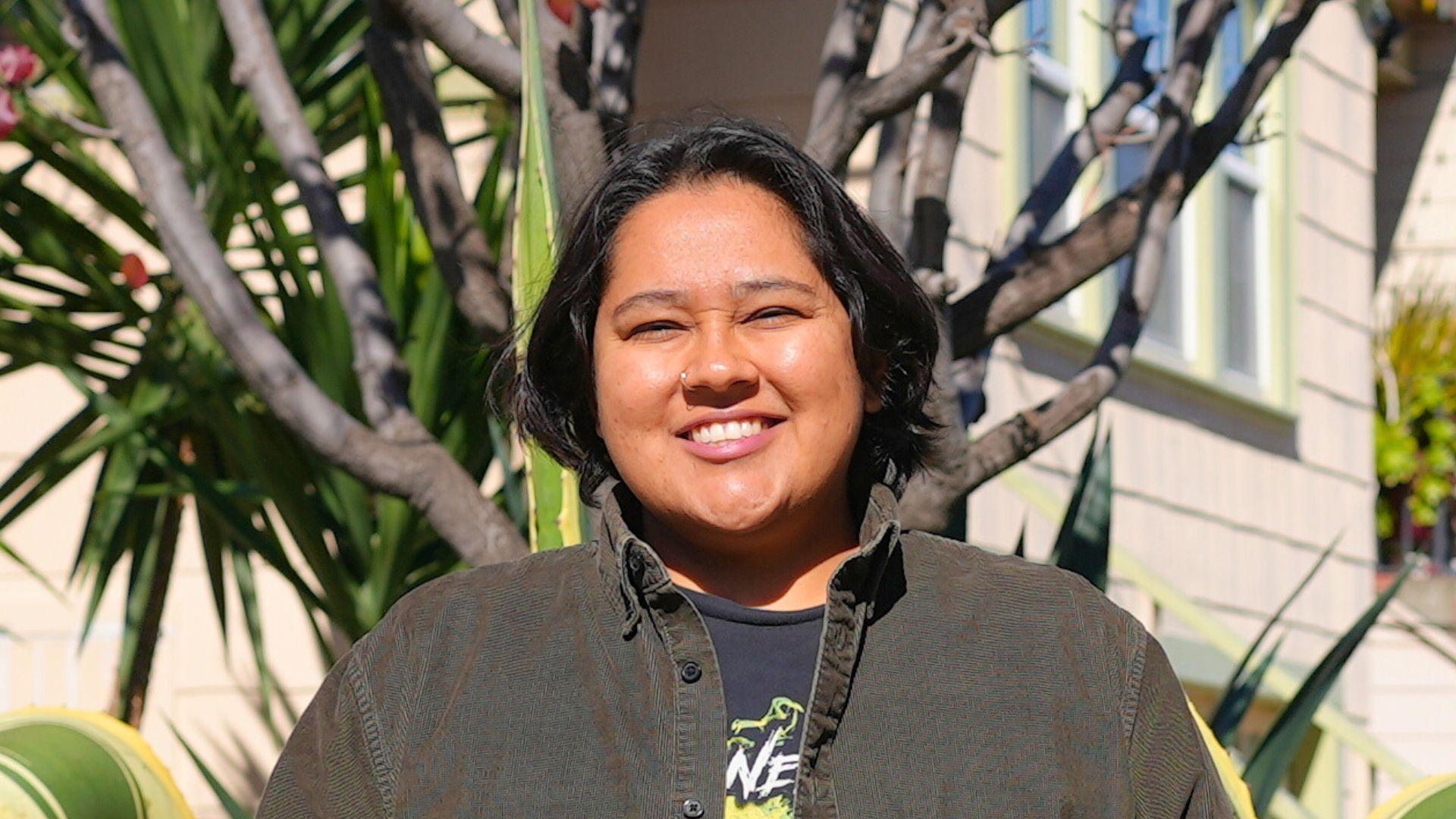Grace Anderson: Building the Solutions Your Community Needs
In this Episode
Grace’s Story
Grace Anderson founded The Lupine Collaborative with a vision to support Black women, non-binary, and transgender people with financial and social capital to dream, ideate, and create the climate-just futures they want to see. The lupine, which inspires Grace Anderson’s work, is a nitrogen-fixing plant, also known as facilitator plants because they are so critical to primary succession. They are often the first plants to re-establish in nutrient-deprived and depleted areas. Lupine plants enrich otherwise intolerable soil with nitrogen and organic-rich material, facilitating the establishment of other species. Grace sees this as a metaphor for Black life thriving despite inequitable systems and structures that reinforce a lack of representation and under investment in Black-led climate solutions. In this way, The Lupine Collaborative intentionally centers and invests in Black leadership for solutions, which is imperative for creating a just climate future for all.
Discussion Questions
One of the most important things you can do regarding climate change is talk about it.
- The lupine plant was the first to re-establish after Mount St. Helens volcanic eruption, helping to improve nutrients for other plants and animals to return to the land. Inspired by this, The Lupine Collaborative centers on the understanding that when Black women, non-binary, and transgender people are well-resourced, they act as facilitators in society, providing rich soil for justice to root and thrive. Like The Lupine Collaborative, how might you draw inspiration from nature to support an approach to climate solutions? What flower or plant are you inspired by or curious to learn more about? What qualities, medicines, or functions does it have? Is there a metaphor or symbolism that could inspire or further your action on climate change?
- Climate change and racial injustice are intertwined, and we can not have just solutions without addressing both. Grace’s lived experiences have exposed her to extremes in landscapes and demographics, moving from Los Angeles to rural Virginia after Rodney King was beaten by police, sparking the LA Riots in 1992. “I became a park ranger in North Dakota the day after I graduated from an all-Black college, which is wild.” Through these experiences and her work on climate change, Grace also saw the wealth gap and economic disparities between racial and ethnic groups. “I grew up really poor, and coming from a low-income background and also being where I am now working in philanthropy, I know the extremes of this world. It makes me feel that everything is possible.” These experiences have given Grace proximity and perspective, which have clarified the importance of amplifying Black representation in climate solutions to create a better world. How might supporting the stories and financially investing in the leadership of Black women, non-binary, and trans people who have experienced a disproportionate burden of climate impacts be essential for addressing climate change and increasing racial justice?
- Grace recalls a pivotal life experience when she felt a sense of belonging at Winston-Salem State University in North Carolina, a historically Black college. “It was my first deep immersion into Blackness…This is what it could feel like to not have to code-switch and to see so many flavors of Blackness that I could find myself in it.” Is there a time that you felt a sense of belonging in a community? How might the feeling of belonging be necessary for our collective work to address climate change? What might we risk if people do not see themselves as valuable in climate conversations, decision-making, or leadership for solutions?
- As an avid adventurer and former park ranger, Grace has a lot of outdoor experience – backpacking, climbing, kayaking, and more – often navigating beautiful and harsh landscapes like Patagonia and the Arctic Circle. These experiences also unfortunately reveal a gap in who has access to outdoor experiences in wilderness spaces, specifically Black women, trans, and non-binary people. What is the closest experience to an outdoor adventure you have had? What are other outdoor experiences that you would like to try or are curious about? What might spending time in a wilderness setting reveal to you?
Learn More
Learn about the solutions in this story.
- Solution Sector:
- Solution Cluster:
- For more on all of Project Drawdown’s climate solutions, visit drawdown.org/solutions
- Learn more about Grace’s work at The Lupine Collaborative
Explore Climate Solutions 101, the world's first major educational effort focused solely on climate solutions. This video series combines Project Drawdown’s trusted resources with the expertise of inspiring, scientifically knowledgeable voices from around the world: drawdown.org/climate-solutions-101.
Check out the Drawdown Roadmap, a science-based strategy for accelerating climate solutions that ensures efforts to stop climate change by governments, businesses, investors, philanthropists, community organizations, and others are as impactful as possible.
Visit the Yale Program on Climate Change Communication, a resource that shares research, communications strategy, and opinion polling on climate communications.
Take Action
- Subscribe to the Project Drawdown newsletter to receive biweekly insights and inspiration to guide your own climate solutions journey.
- Drawdown Ecochallenge, presented by Ecochallenge.org, is a fun and social way to take measurable action on the top climate solutions. Take the challenge, and see how a few weeks of action add up to a lifetime of change for you and the planet. If you want to take action on climate solutions like Grace, start a challenge today.
- The Drawdown Labs Job Function Action Guides are practical resources that highlight specific, high-impact climate actions employees in common corporate professions can take at work.
- ChangeX connects people with proven ideas for strengthening communities with the resources needed to implement those changes. Explore countless ways to improve your community and help the world reach drawdown.
- Climate Generation's Green Careers for a Changing Climate Instructional Supplement (for Grades 6-8) contains resources to help young people learn about Green STEM Careers—paths that use STEM skills to help reduce the impacts of climate change. Throughout this instructional supplement, students use Project Drawdown resources to make important connections between climate solutions and different careers.
- Solutions Journalism Network highlights the importance of reporting stories of climate solutions in the media to create a more equitable and sustainable world. Visit their Teaching Climate Solutions resource to find curated collections and the latest examples of climate solutions journalism.
- SubjectToClimate (StC) is a nonprofit online connector for K-12 leaders of all subjects to find materials on climate change at no cost. Explore StC’s educator-generated database to connect to Project Drawdown-based climate education resources.
Sign up to receive updates, provide ideas, and tell us how you might share Drawdown’s Neighborhood in your community.



